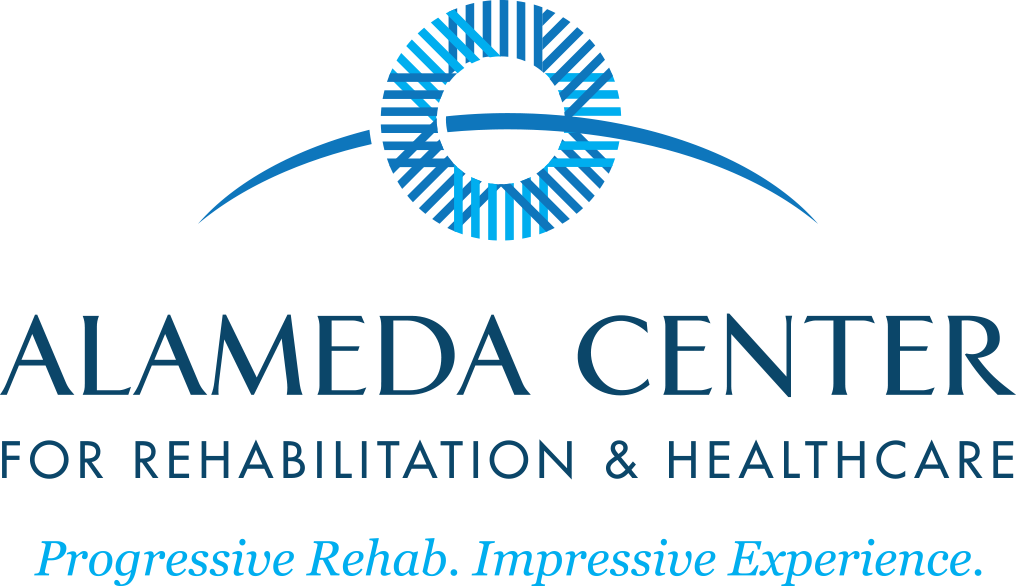To Delay the Need for Alzheimer’s Care, Brush Your Teeth!
Believe it or not, new studies point to Toothbrushing as a means for stalling the advent of Alzheimer’s disease. Several studies point to the fact that oral bacteria makes the rounds in the body, and can cause disaster throughout. If you don’t want to end up needing Alzheimer’s care too soon, start brushing your teeth well.
Research shows: Bacteria that’s bad for the teeth is bad for the brain, bringing on Alzheimer’s Care
Researchers in Norway found that the bacteria that causes gingivitis can make its way up to the brain, where a protein in it destroys brain cells. This can cause memory loss and, eventually, dementia and Alzheimer’s disease.
The researchers studied 53 people, and found that 96% of them had the bad bacteria in their brains. The lead researcher on the study, Piotr Mydel, said that if if someone knows that he has a family history or gingivitis and periodontitis, and also Alzheimer’s disease, he should become extremely careful about keeping his teeth clean, getting them regularly cleaned by a at a dental clinic. His team is currently working on developing a drug that stops the protein in the oral bacteria from doing its dirty work.
Several other studies have confirmed this data, one even showing that if gum disease persists for over ten years, the risk of alzheimer’s disease doubles.
What is gum disease?
Gingivitis is the first level of gum disease. It happens when there’s a buildup of bacteria on the teeth causing the gums to become inflamed. At this stage, the disease can be easily corrected through better oral hygiene. However, if it’s not properly addressed, the bacteria will eventually work its way under the gums and settling in. At this point, it turns into periodentitis and the damage cannot be reversed, only managed with the help of a competent dentist.
Bad oral hygiene can also affect heart function
Other studies have linked dental dysfunction with heart problems. The American Heart Association published a study in its journal that found common oral bacteria streptococci bacteria in 79% of blood clot samples tested from stroke patients. This type of bacteria doesn’t harm the mouth, but can cause damage to heart valves and in other parts of the body. A study from the Tampere University in Finland found similar results, showing this bacteria to cause heart attacks, arterial thrombosis, and aneurysms.
Oral hygiene is clearly important not only for clean teeth and healthy gums, but for overall physiological health. Dentists recommend brushing twice each day with enough toothpaste, and flossing at least every other day. Some people brush after every meal, and with the threat of a heart attack or the need for Alzheimer’s care, you can’t be too cautious, and it’s not that hard to keep a toothbrush handy – we’re usually not too far from a sink.
At the Alameda Center for Rehabilitation, we provide excellent Alzheimer’s care and cardiac care for the best health of out patients. Our trained and compassionate staff, including doctors nurses, therapists and other staff can provide optimal treatment and care to get our patients back to a rejuvenated life.
